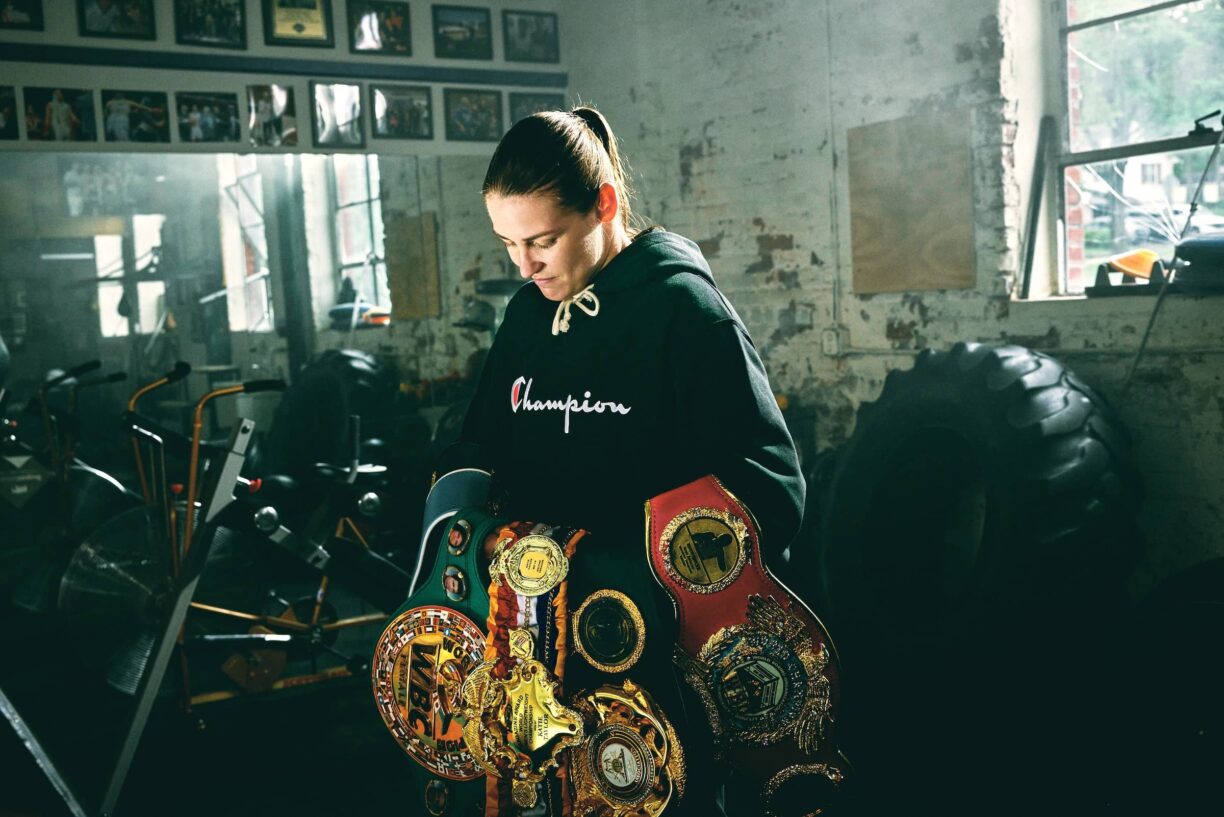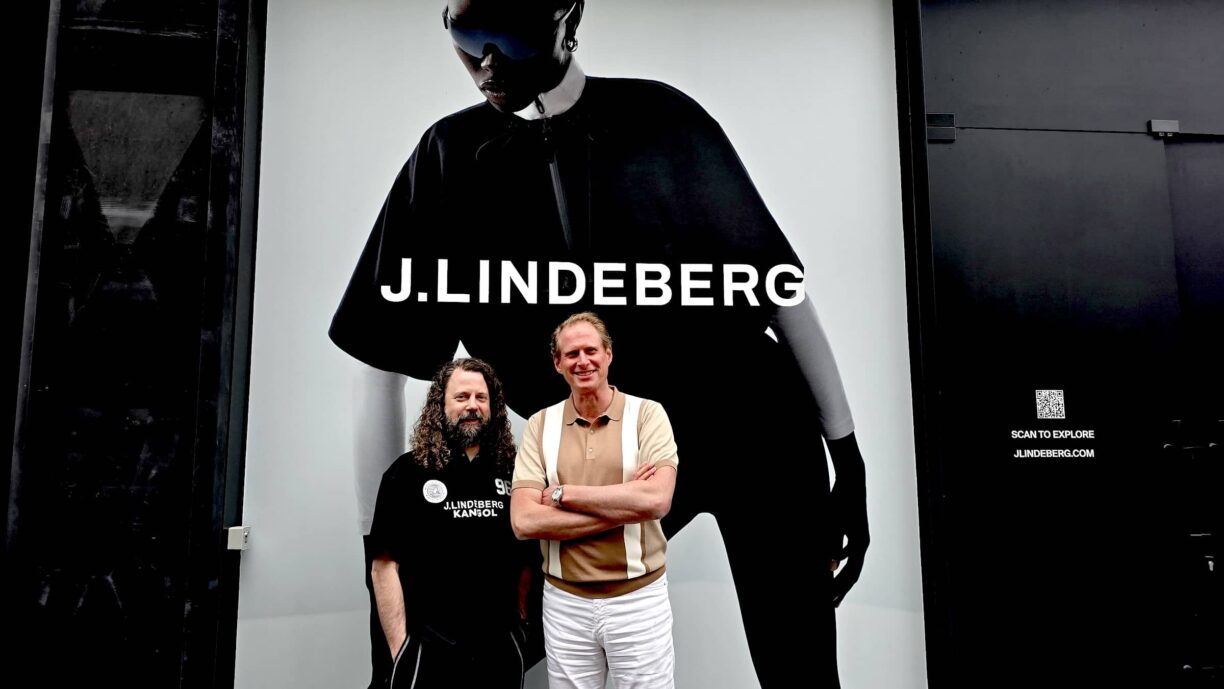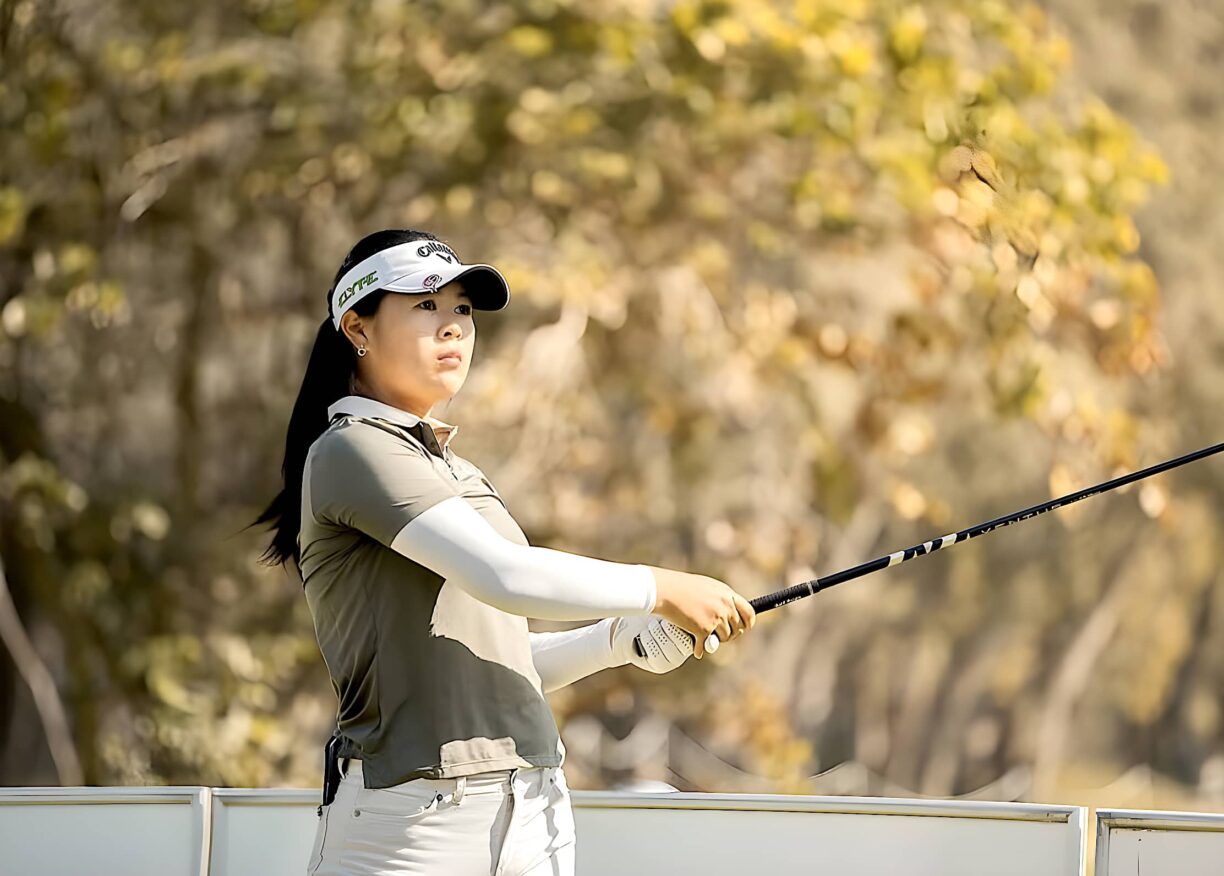Cristiano Ronaldo and his partner Georgina Rodríguez have announced the death of their baby son.
A statement on social media read: “It is with our deepest sadness we have to announce that our baby boy has passed away. It is the greatest pain that any parent can feel.
“Only the birth of our baby girl gives us the strength to live this moment with some hope and happiness. We would like to thank the doctors and nurses for all their expert care and support.
“We are all devastated at this loss and we kindly ask for privacy at this very difficult time. Our baby boy, you are our angel. We will always love you.”
Ronaldo, 37, and Rodríguez, 28, announced in October 2021 that they were expecting twins. The Manchester United player has an 11-year-old son from a previous relationship, he had twins via a surrogate mother in 2017 and shares a daughter with Rodríguez, born in 2017. Their new baby girl brings the blended family to five children.
According to data gathered by the Office for National Statistics, in 2020 the neonatal mortality rate in England and Wales (the number of babies who died before they reached 28 days) was 2.7 deaths per 1,000 live births.
Juliette Ward, midwife at Tommy’s, says what Ronaldo and Rodríguez are experiencing is “one of the most complex kinds of grief” – because they’re navigating “the joy of welcoming their little baby girl [alongside] the grief of losing their baby boy”.
She describes losing a baby as “a kind of grief like no other” affecting parents and the wider family physically and emotionally. So how can you support a loved one in a similar situation?
There is one important thing to understand, Ward explains. “This isn’t something that can be fixed. The only thing you can offer is making sure the family knows they’re not alone in their loss.”
She says a common experience bereaved parents have is people avoiding speaking about the baby, as they “don’t want to make anything worse”.
But, she says: “When it comes to baby loss, there isn’t a ‘making things worse’ – the worst has happened. But what can add to parents’ sadness and distress is feeling their baby is forgotten.”
They actually might interpret silence as “people aren’t remembering us, or people don’t care,” she adds.
She recommends keeping lines of communication open, by saying things like: “We’re thinking of you, if there’s anything we can do, we’re here for you.”
The key, Ward says, is to be present, to show them that you are there for them. “It’s a very profound grief, the loss of a baby – so being alone in that makes it worse. You can’t really make it better, but offering some contact is much better than no contact.”
Tommy’s recommend going at the parents’ pace but says it’s OK to talk about the baby. If it feels appropriate you could ask what name the parents chose and why, what the baby weighed, if they had any hair or any of the parent’s features.
However, there are some things that are best to avoid mentioning. Ward recommends not saying phrases like, ‘You can always try again’, ‘At least you have other children’, or ‘There’s always a reason’.
Starting sentences with “at least” doesn’t make sense in the context of the loss of a baby, she says.
Consider practical support you could offer too. When a baby dies neonatally it can overshadow the fact that the mum is physically recovering from pregnancy and birth, the charity say.
Depending on your relationship, you could offer to look after other children they have, cook some meals or do some housework.
Grief for a baby will stay with the parents every day, even if they learn to live with it. They may still need support years into the future – particularly around anniversaries or milestones.
You could make a note of important dates that might affect them and try and check in with them around that time.
Ward extends her sympathies to Ronaldo and Rodríguez, who are processing their loss publicly. “Baby loss is a reality that sadly affects many families, and the more we can have a conversation [around these issues] the more we will learn together to support families,” she says.





